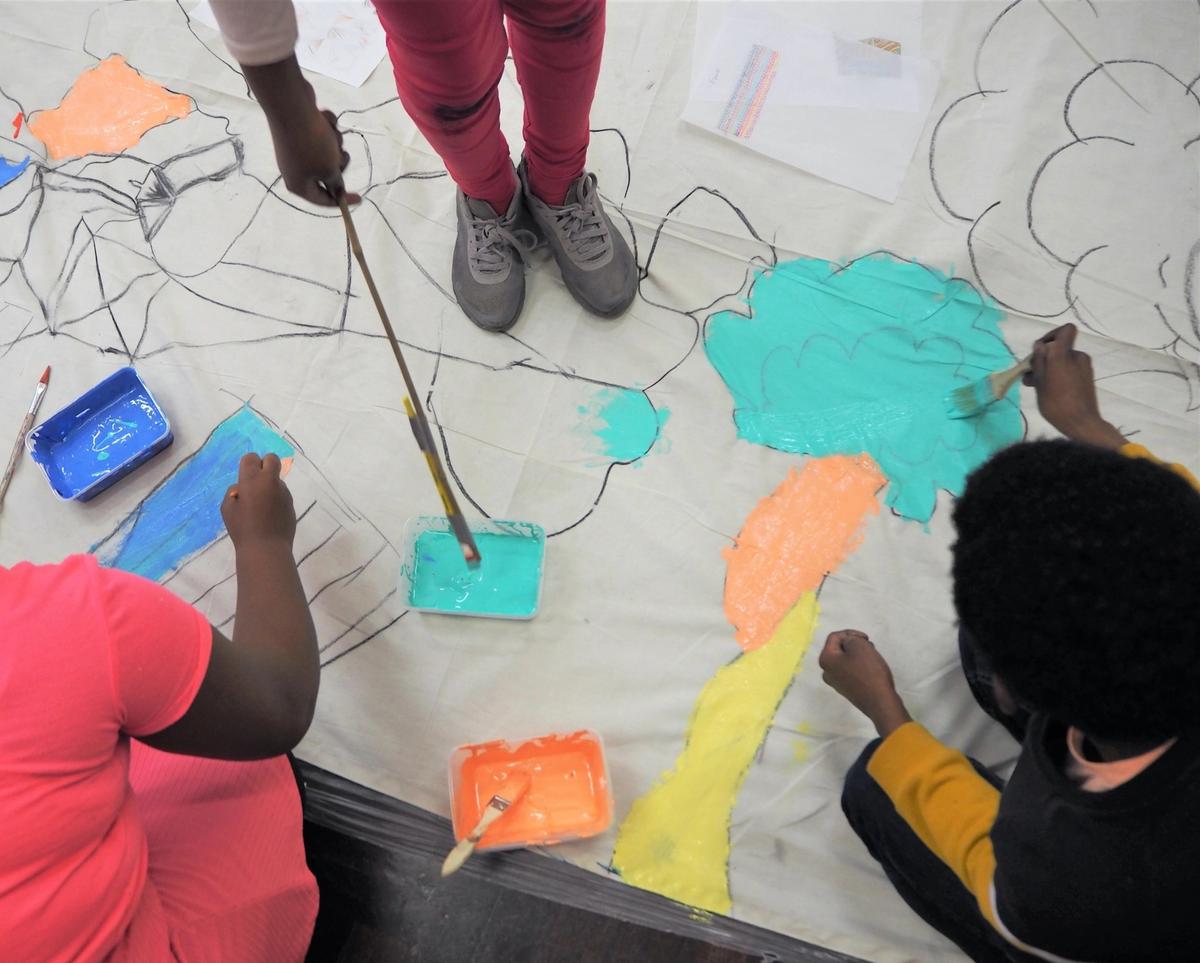The first extensive research programme detailing how and why non-white people are excluded from art education in the UK has been launched by two leading cultural diversity bodies.
The Freelands Foundation, a charitable arts organisation, has partnered with Runnymede Trust, a racial equality think thank, to deliver the report, which will be published in autumn next year.
According to government statistics, the art sector remains one of the UK's most overwhelmingly white industries, where only 2.7% of the workforce are from a "Black, Asian or ethnically diverse" background.
Aiming to address this pronounced imbalance, the new commission will consist of two stages. The first, published this autumn, will be a sector-wide review charting how non-white people are represented in the art industry.
The second stage will measure and analyse access to art education across different ethnic groups, while also consulting with educators, students, artists and organisations to identify challenges that prevent non-white students from seeking employment in the arts sector. A particular focus will be given to students aged 11-16, a period in which pupils "transition from compulsory to elective art education".
"Our school students are a blank canvas. It is imperative they are able to see and appreciate diversity in art," says Halima Begum, the director of the Runnymede Trust, in a statement. "This project will lend important data and evidence to the thus-far sparse study of equity and inclusion in the UK art sector."
The role of diversity among art educators will also be probed. In 2017, the Department for Education recorded that children in UK schools—of whom 31% were categorised as "minority ethnic"—were introduced to visual art by teachers who were 94% white.
"Black, Asian and ethnically diverse students face significant obstacles to studying art at every stage of their educational journey, not least because of a striking lack of representation in the curriculum and in art educators," says Elisabeth Murdoch, founder and chair of Freelands Foundation. "This has the ripple effect on the lack of representation throughout the arts sector: from entry level, technical, curatorial, to leadership."
Murdoch continues: "We will look at the ecosystem of art education as a whole to identify bold solutions that we believe will drive real change across the sector, creating greater opportunities for Black and ethnically diverse students to shape and enrich the visual art landscape of tomorrow."
To this end, the report will also provide real guidelines and teaching plans to improve equality within the sector at all stages. Goals that should be more than achievable, as the Black British artist Sonia Boyce points out: "If we can go to Mars, we can send more kids to art school."


